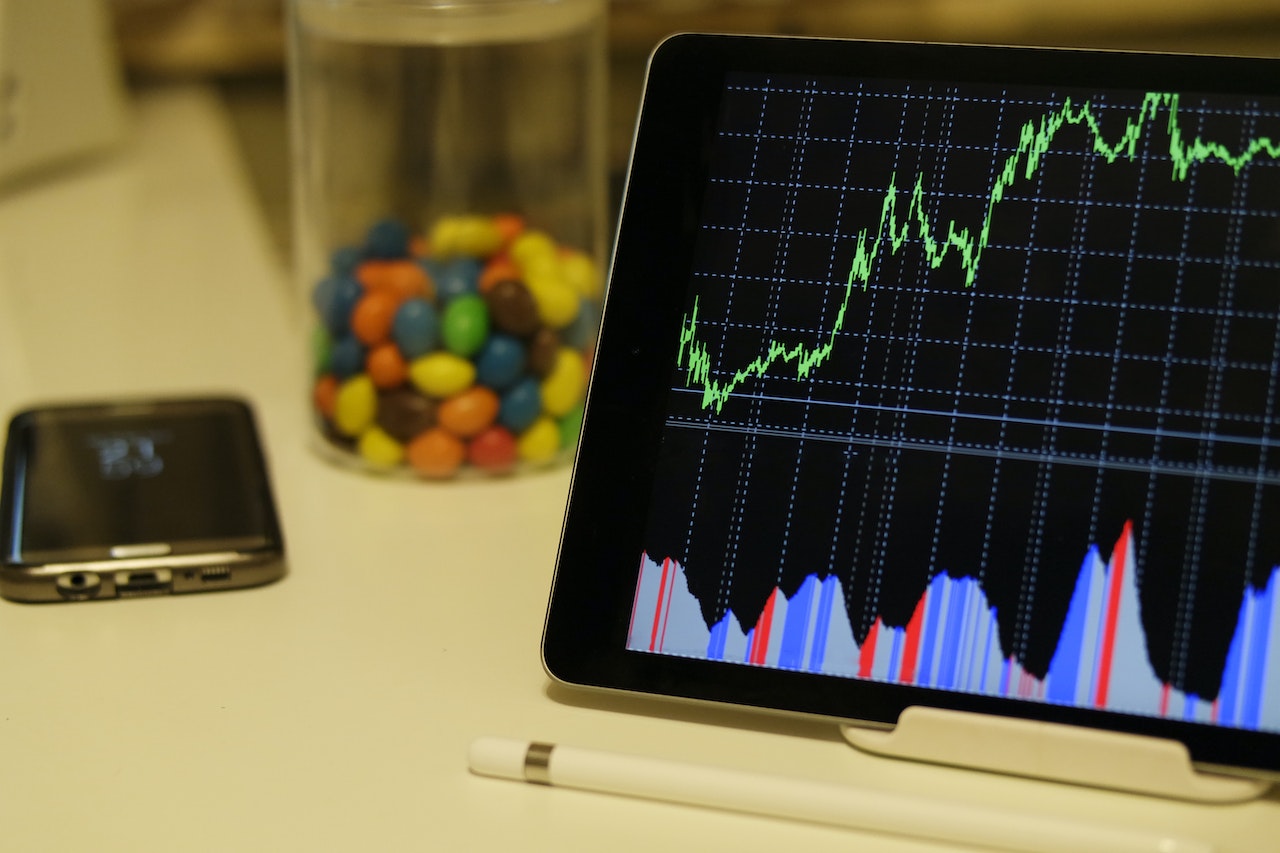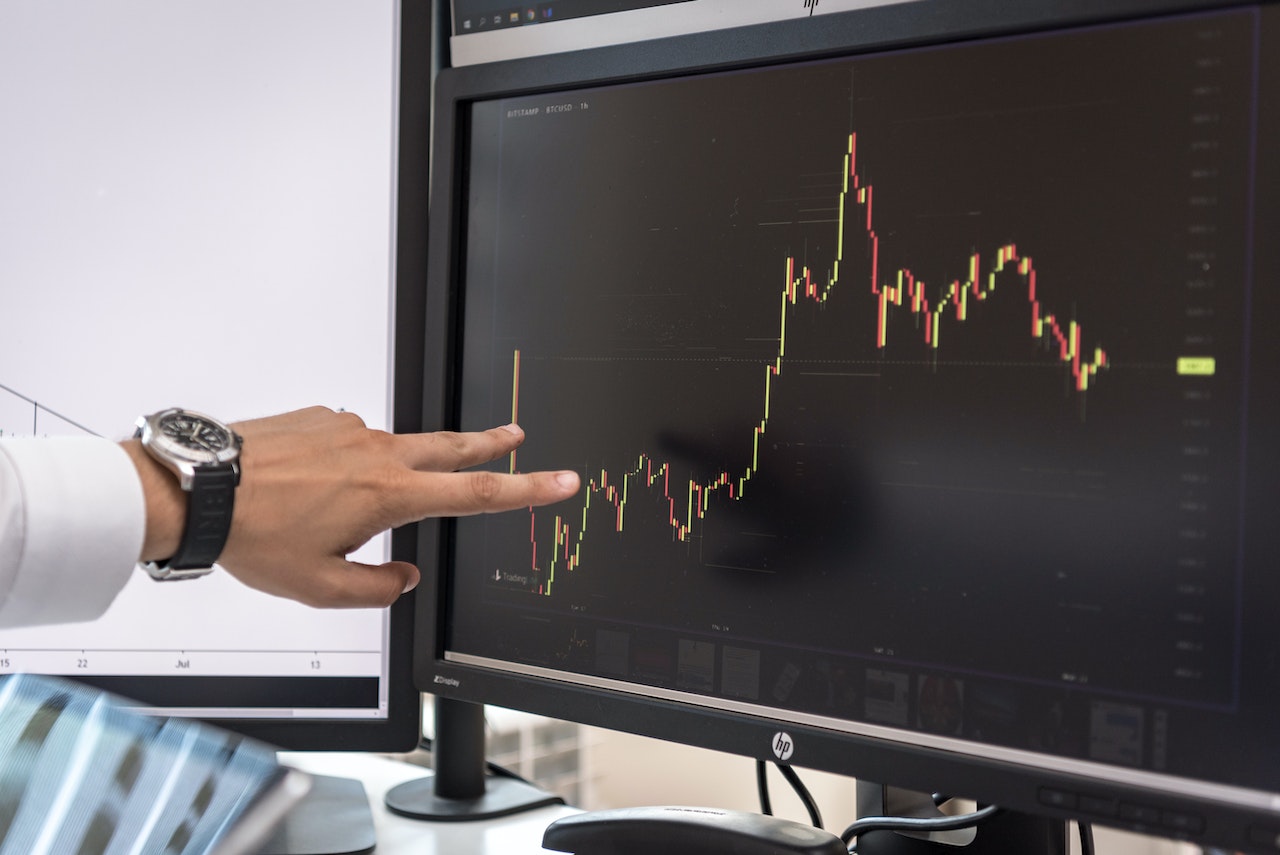Foreign exchange trading, or Forex for short, is a decentralized global market where traders buy and sell currencies. Unlike the stock market, there is no central exchange where all transactions take place. Instead, Forex operates through a network of banks and other financial institutions that trade with each other 24 hours per day. In this article, we will answer some common questions about how Forex works and provide you with a basic understanding of the currency markets.
The Forex Market for Beginners
The foreign exchange market is the largest and most liquid financial market in the world, with a daily trading volume of over $five trillion. This means that there is always somebody willing to buy or sell a currency pair at any given time. The Forex market is also unique because it is decentralized, meaning there is no central exchange where all transactions take place. Instead, Forex operates through a network of banks and other financial institutions that trade with each other 24 hours per day.
How Does Foreign Exchange Trading Work?
When you trade in the Forex market, you are buying or selling one currency in exchange for another. For example, if you buy Euros using US dollars, you are said to be going long on EUR/USD. Alternatively, if you sell Euros and buy US dollars, you are said to be going short on EUR/USD.
Most Forex trades are executed through a broker who will provide you with access to the Forex market and allow you to trade with leverage. Leverage is a double-edged sword that can both increase your profits and losses. It allows you to control a larger amount of currency than what you have in your account, but it also magnifies your losses if the trade goes against you.
When choosing a broker, make sure to choose one that is regulated by a major financial regulator such as the US Securities and Exchange Commission (SEC) or the Financial Conduct Authority (FCA) in the UK. These organizations help to ensure that brokers are operating ethically and transparently.
What Causes Currency Prices to Move?
Currency prices are constantly moving due to a variety of factors such as economic data releases, political events, and central bank policy changes. While it is impossible to predict the future direction of the markets, there are a few key indicators that can give you an idea of where prices might be headed.
Economic data releases can have a big impact on currency prices. For example, if a country’s GDP unexpectedly increases, this could lead to an increase in the value of that country’s currency. Similarly, if inflation unexpectedly decreases, this could lead to a decrease in the value of that country’s currency. Political events can also have a big impact on currency prices. For example, if a country’s government changes, this could lead to an increase or decrease in the value of that country’s currency.
Central bank policy changes can also have a big impact on currency prices. For example, if a central bank unexpectedly raises interest rates, this could lead to an increase in the value of that country’s currency. Alternatively, if a central bank unexpectedly lowers interest rates, this could lead to a decrease in the value of that country’s currency.
When choosing a broker, make sure to choose one that offers a variety of tools and resources to help you analyze the markets and make informed trading decisions.





